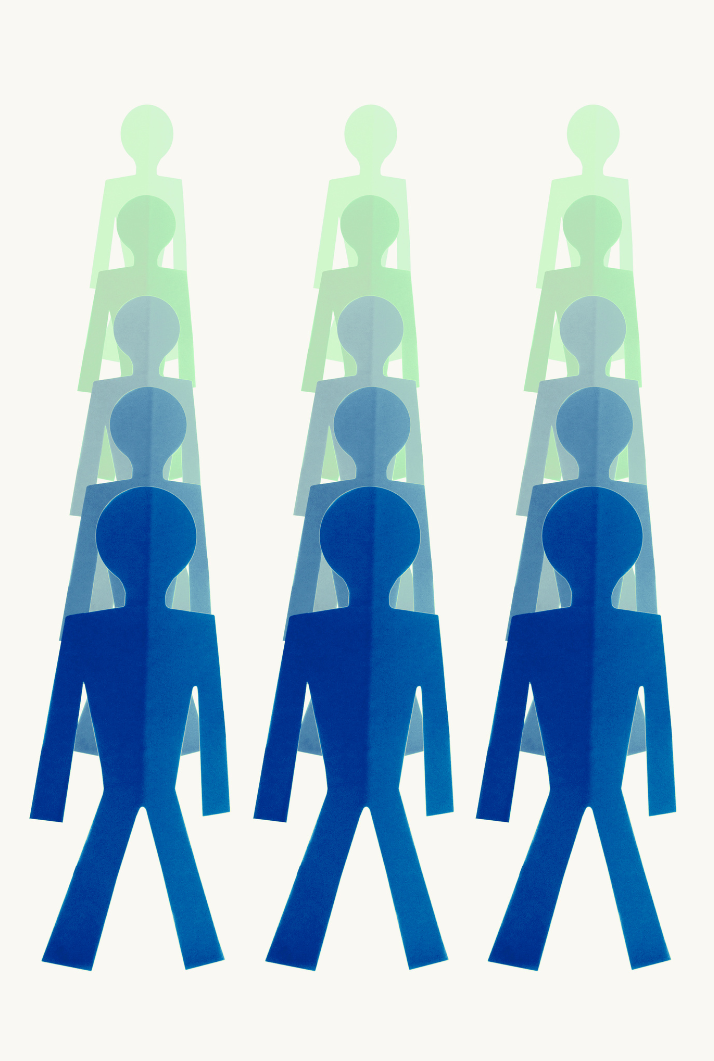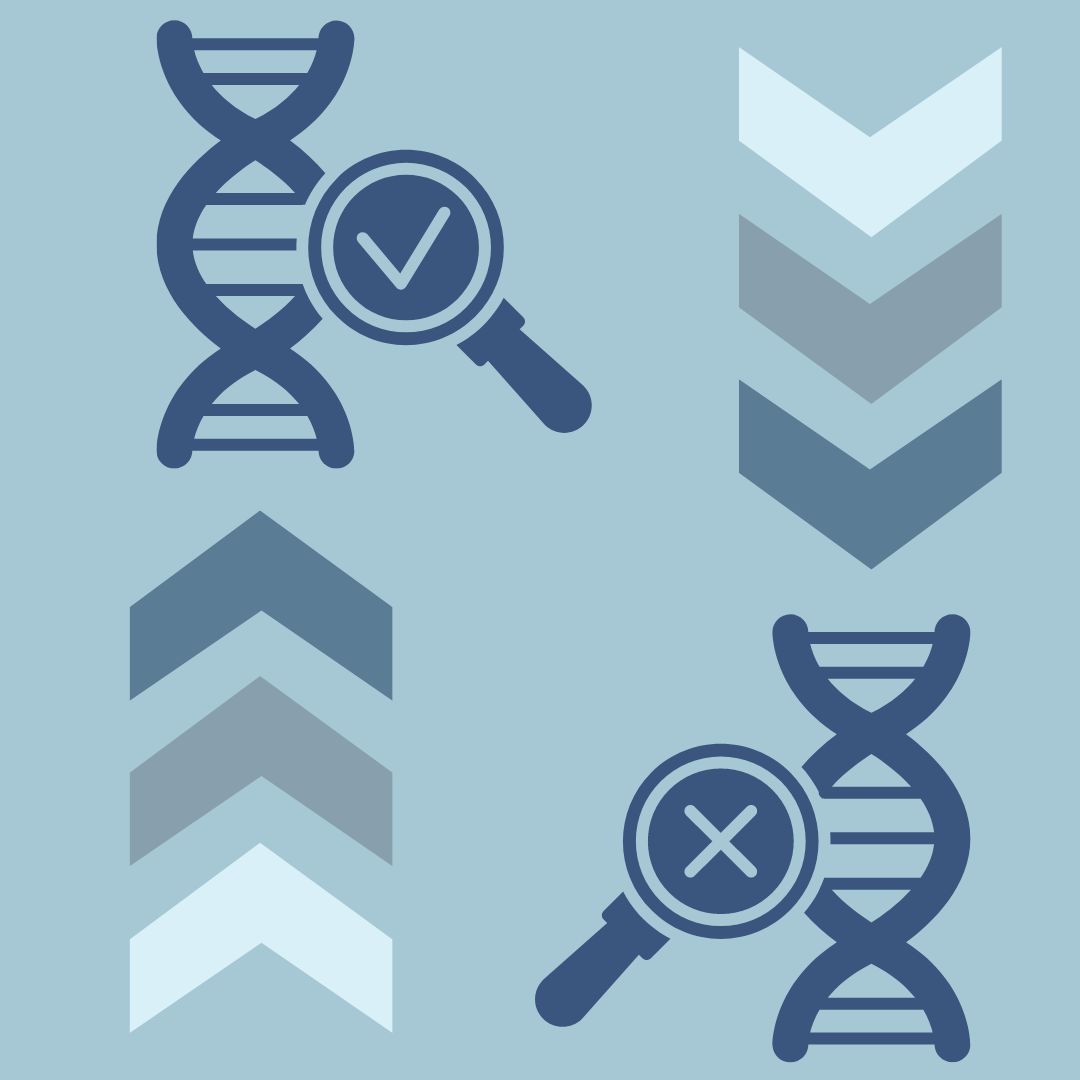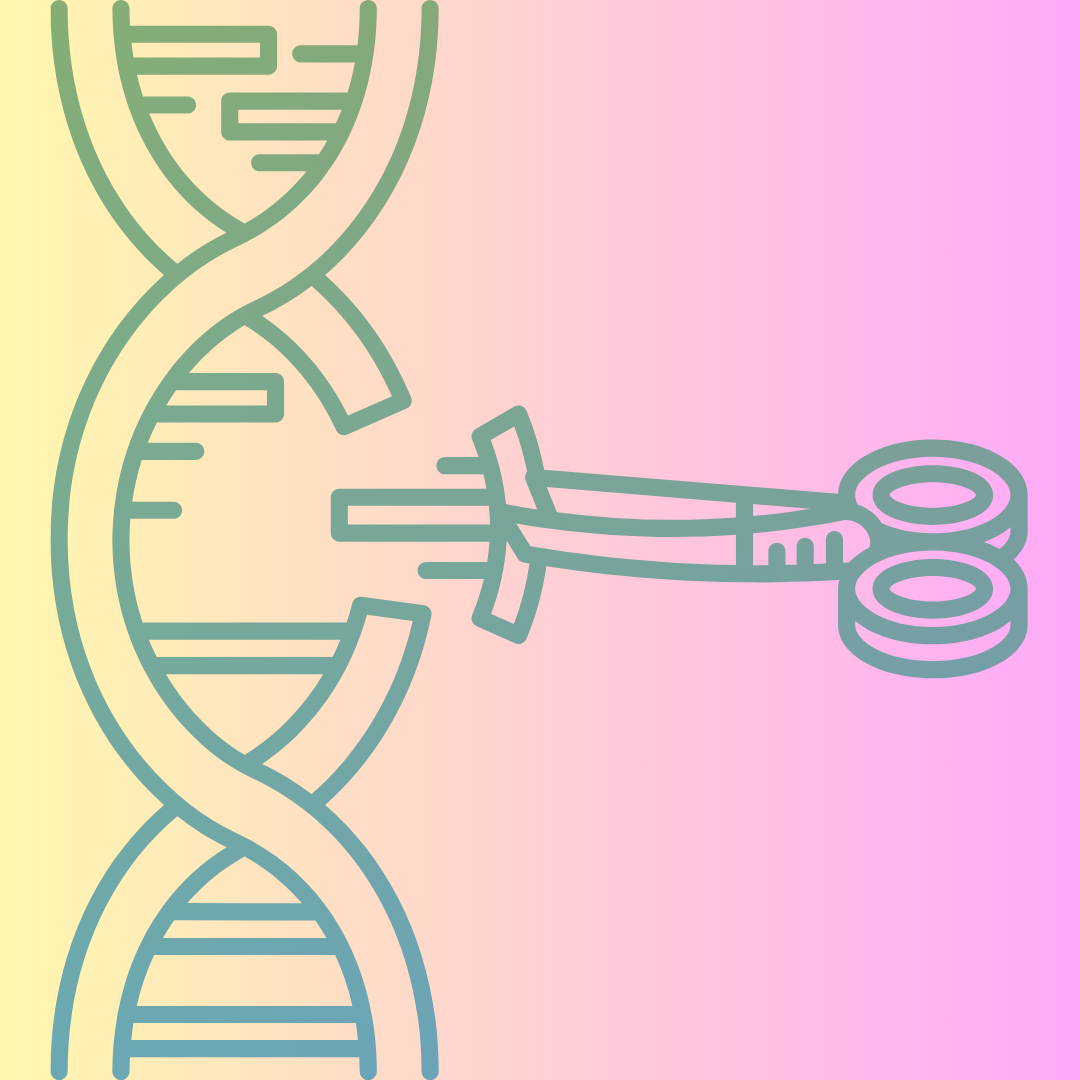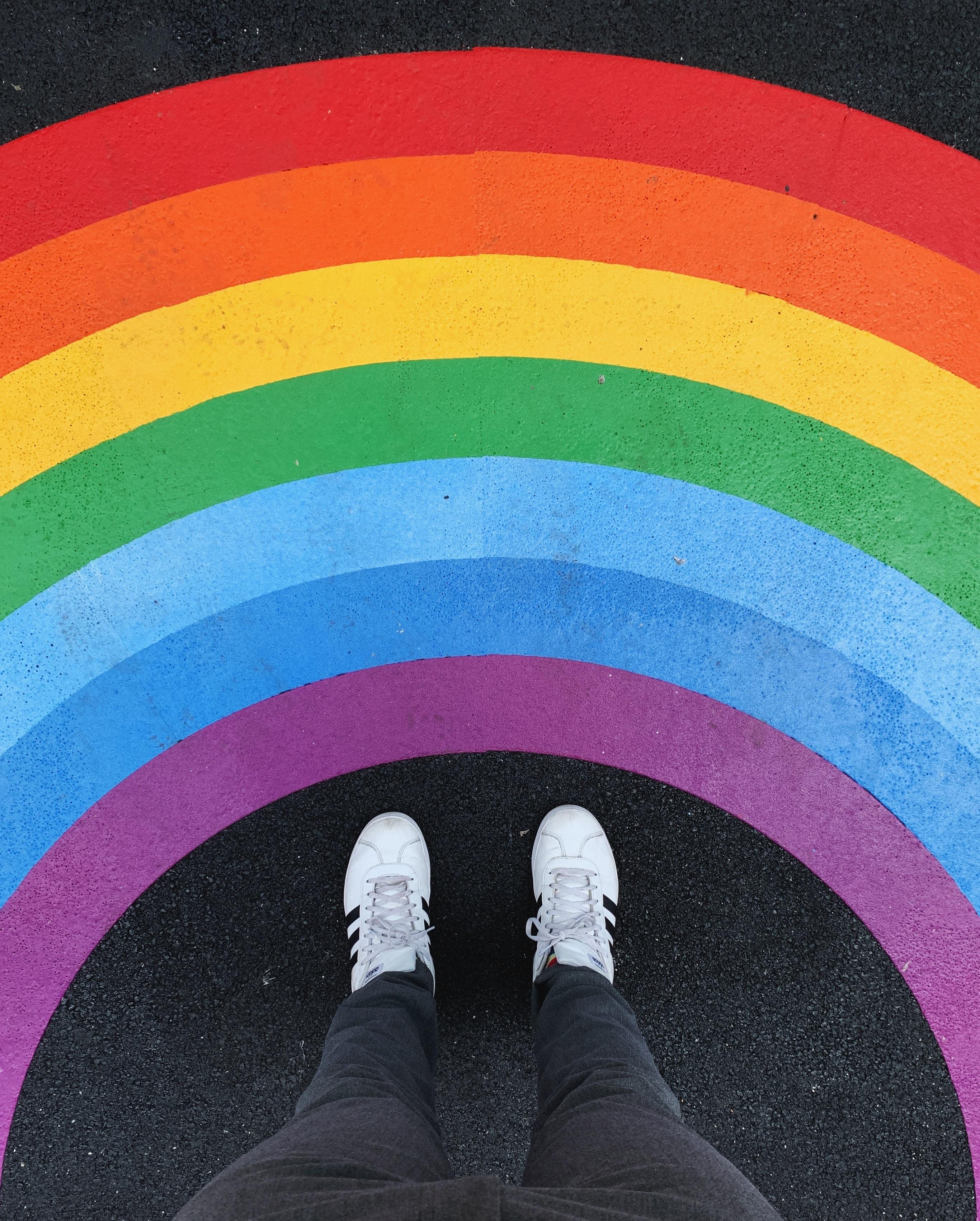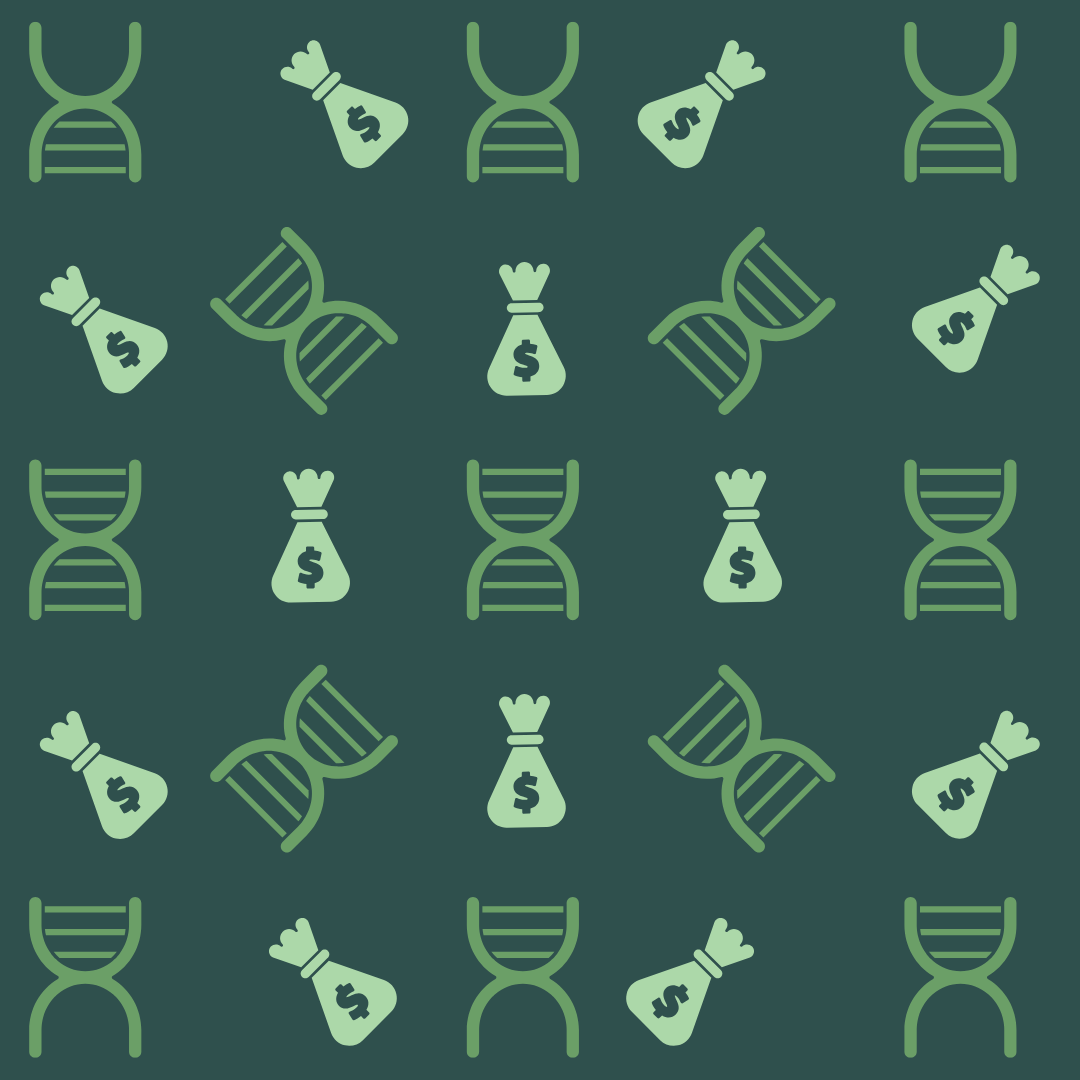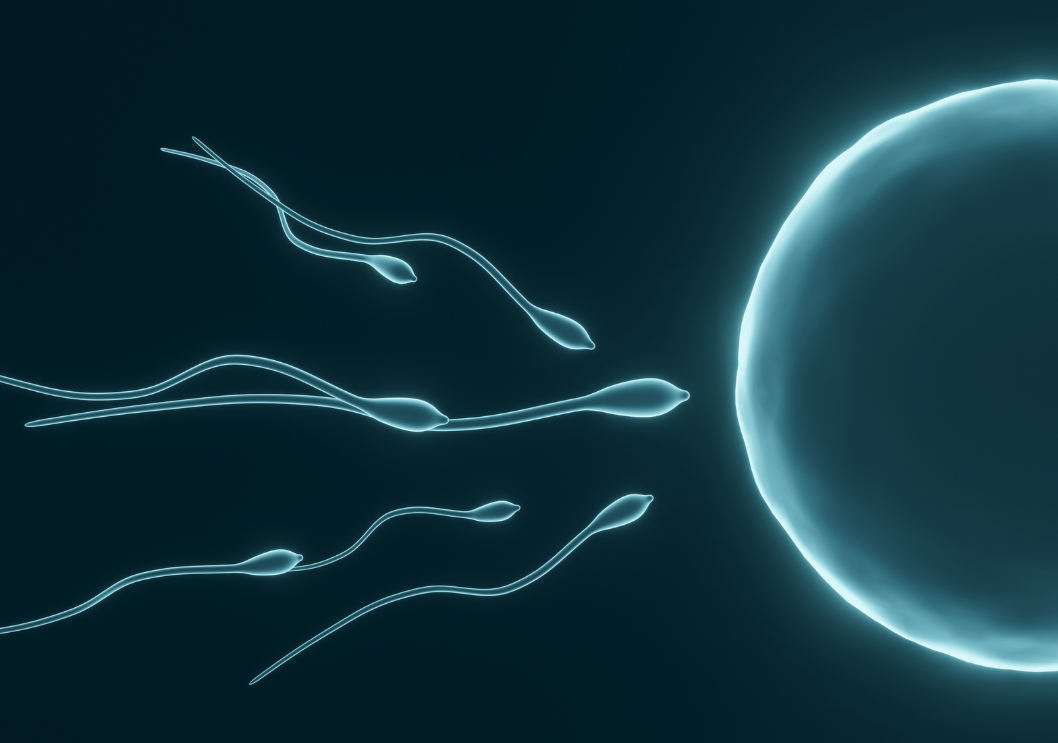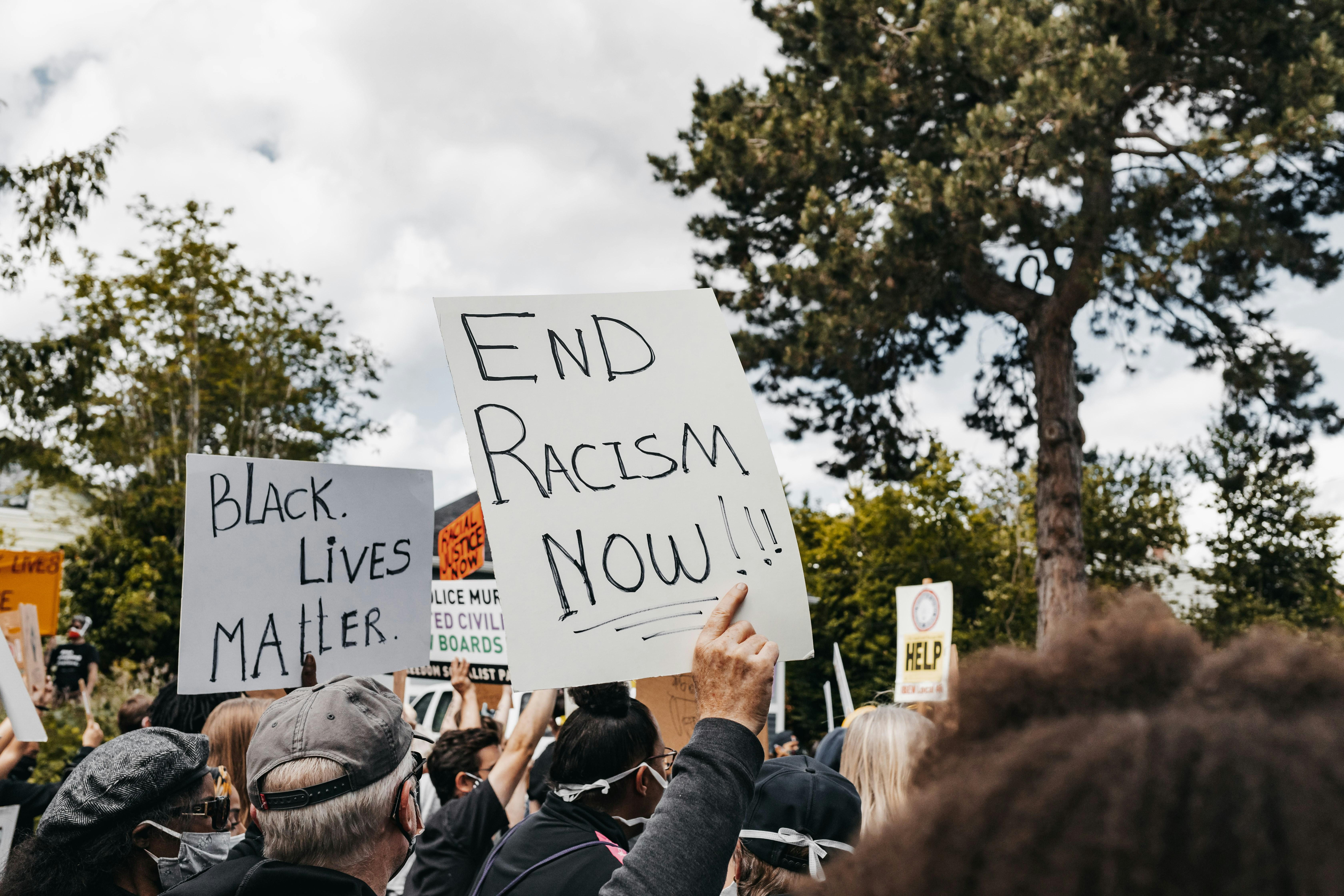Other Countries
Countries differ widely in the ways they regulate human biotechnologies, in the practices and products their policies cover, and in the nature of enforcement. A few countries, most notably the UK, have established agencies responsible for licensing and monitoring research and commercial facilities that work with human embryos. Many countries have prohibited the most troubling applications of human biotechnology. Heritable genome editing, for example, is categorically prohibited in 70 nations.
Aggregated News
Canadian bioethicists and genetics experts are speaking out against Denis Rebrikov, the Russian molecular biologist who plans — in defiance...
Aggregated News
The babies lie in cribs, sleeping, crying or smiling at nurses, swaddled in clean linens and apparently well cared for...





